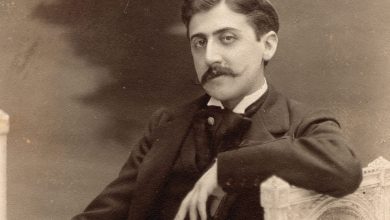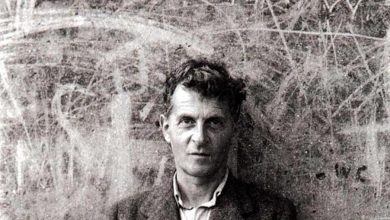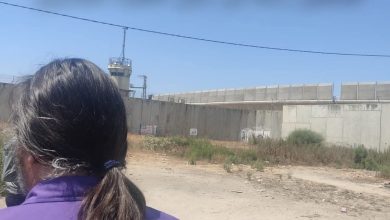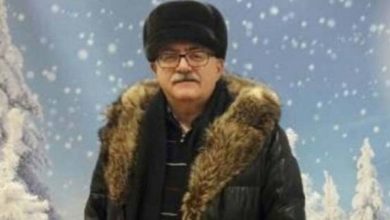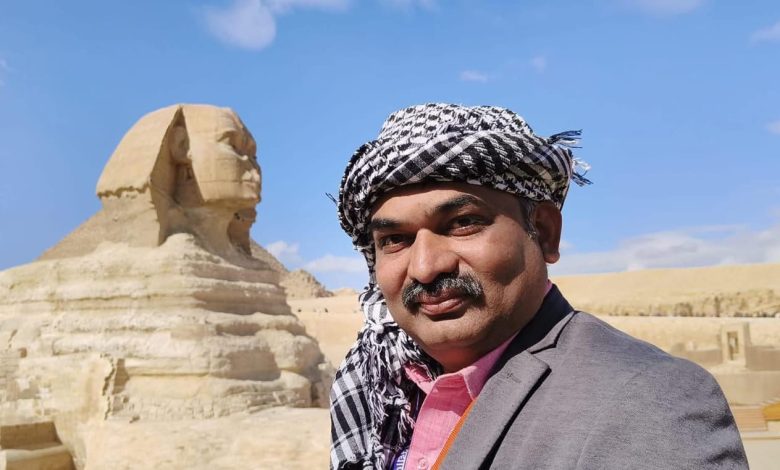
It is my belief that writing poetry is an act. Every poem, good or bad, is a supporting or resisting act carried out by the poet to bring about change in the world. This act is an inquiry through poetry, into the poet’s own self and in to the world.
The Gautama Buddha had said more than 1500 years ago, ‘Atah deep bhava’ meaning ‘Enlighten yourself’. In a similar vein, the French writer André Gide once said that ‘we carry in our own hands the torch to light up our path.’ There are those who carry not a torch but the sun itself in their hands, so that their poetry becomes immortal.
Even after 5000 years the verses of the Vedas continue to illuminate the world around us.
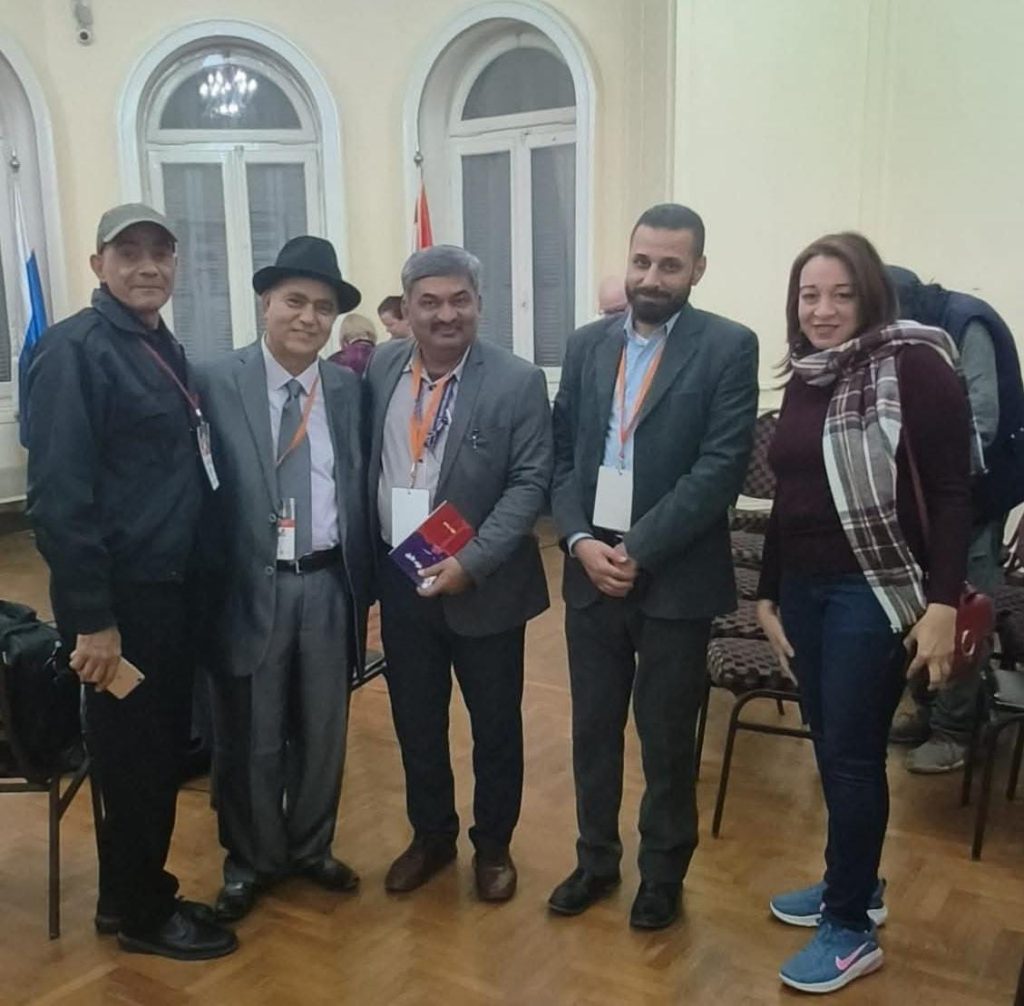
I have been writing poetry for the past 30 years. I spent most of my youth in student hostels. It was during that solitary life that I became acquainted with poetry. All my emotions –anger, greed, happiness, hurt, resentment and sadness – my thoughts and my imagination found form in poetry, helping me to unburden myself.
I always wanted to talk about the arid region around me, about the disappearing human sensibilities, the increasing hostility between people, the destruction of natural resources, about cinema, art, books that I read, about dreams, the poet and his poetry, about the urban – rural divide, the government, the ministers, the administrative mechanisms, and about a lot many other things. This is what my poetry is. This expression is sometimes lyrical poetry and at other times prose poetry, sometimes merely my musings and at other times my lament.
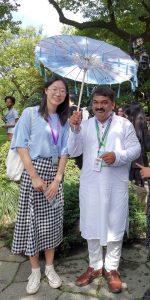 In these difficult times, my innocent inner child has questions to ask, looking at the unstable world around us. Surprised by the immense gap between our philosophy and our actual lives, he speaks out in poetry. Poems are the footnotes of the pages of life. I would say that they are not all very good, but they are all honest. I have always believed that. The convictions and values that we cherish are recorded by poetry.
In these difficult times, my innocent inner child has questions to ask, looking at the unstable world around us. Surprised by the immense gap between our philosophy and our actual lives, he speaks out in poetry. Poems are the footnotes of the pages of life. I would say that they are not all very good, but they are all honest. I have always believed that. The convictions and values that we cherish are recorded by poetry.
Like most others of my generation, I have lived a ‘black and white’ childhood. It is marked by memories of the mango groves of the village where my grand-parents lived, the river Godavari that flows there and the feel of knee-high dust of the village where I went to school. This free life, unburdened by any thoughts still calls out to me through the windows of time, and I, lost in the maze of urban life, feel afraid. In the one-bedroom apartment gifted to me by globalization, I who used to roam the countryside freely, go on suffocating. It is these moments give birth to poetry.
Poems note my protest. They are as valuable as any gems that I could on earth. It is by digesting the sufferings of life that poetry is born.
As Margarita Al said, we are people of the same planet, there is no other home. Poet as a child of planet earth, His poetry is the protest against the deteriorating quality of human life, it is the protest against war, against class and caste discrimination, gender violence, the poet’s protest against policies that murder children’s dreams, his protest against the darkness that hides behind the neon lights that blind us, his acute protest against thoughts that turn living beings into machines. The poet’s voice may not be very loud but standing between the city and the village, with the old woman who looks upon him with hope in her weak sight to bear witness, he records his protest.
It is this disappearing older generation who have provided the poet with the inheritance of myths and folk tales.
The poet is not a pessimist. He is search of a beautiful world. He imagines a harmonious world filled with beauty. The poet knows that grass will grow again. Even if whole regions are destroyed, they will be green again with tufts of grass waving in the wind. New foot paths will criss-cross this greenery. The poet dreams of a peaceful planet and prosperous world – this is brotherhood, this is ‘Vasudhaiva Kutumbakam’ which means ‘the World is One Family’.
The poet knows that he is a constructor, a creator, he says ‘Ahm Brahmasmi’, ‘I am Brahma the Creator’ and writes poetry.
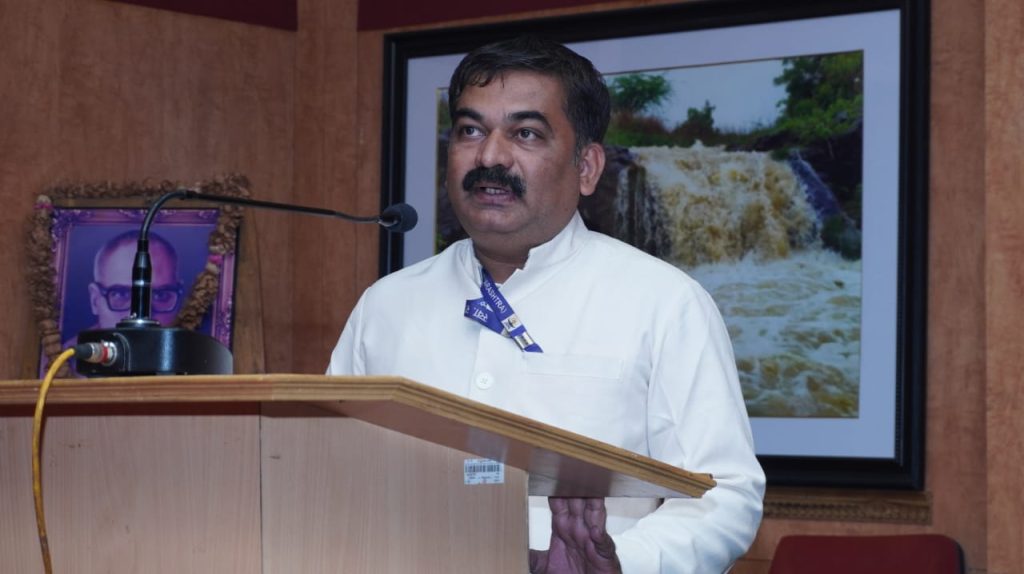
(Dr. Prithviraj Taur is a distinguished poet and translator. He is Professor and Head of Marathi Language Department at Swami Ramanand Teerth Marathwada University, Nanded, India.)
Acknowledgement : Dr. Nina Gogate for English translation

